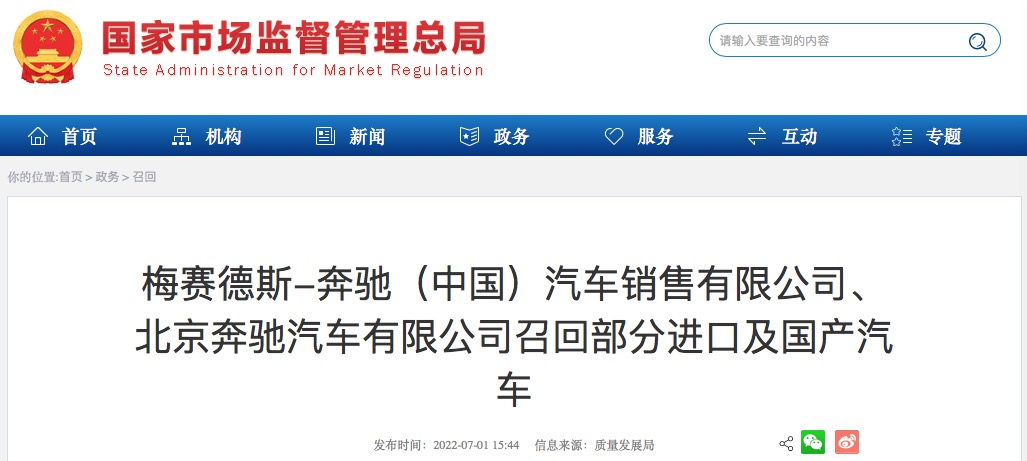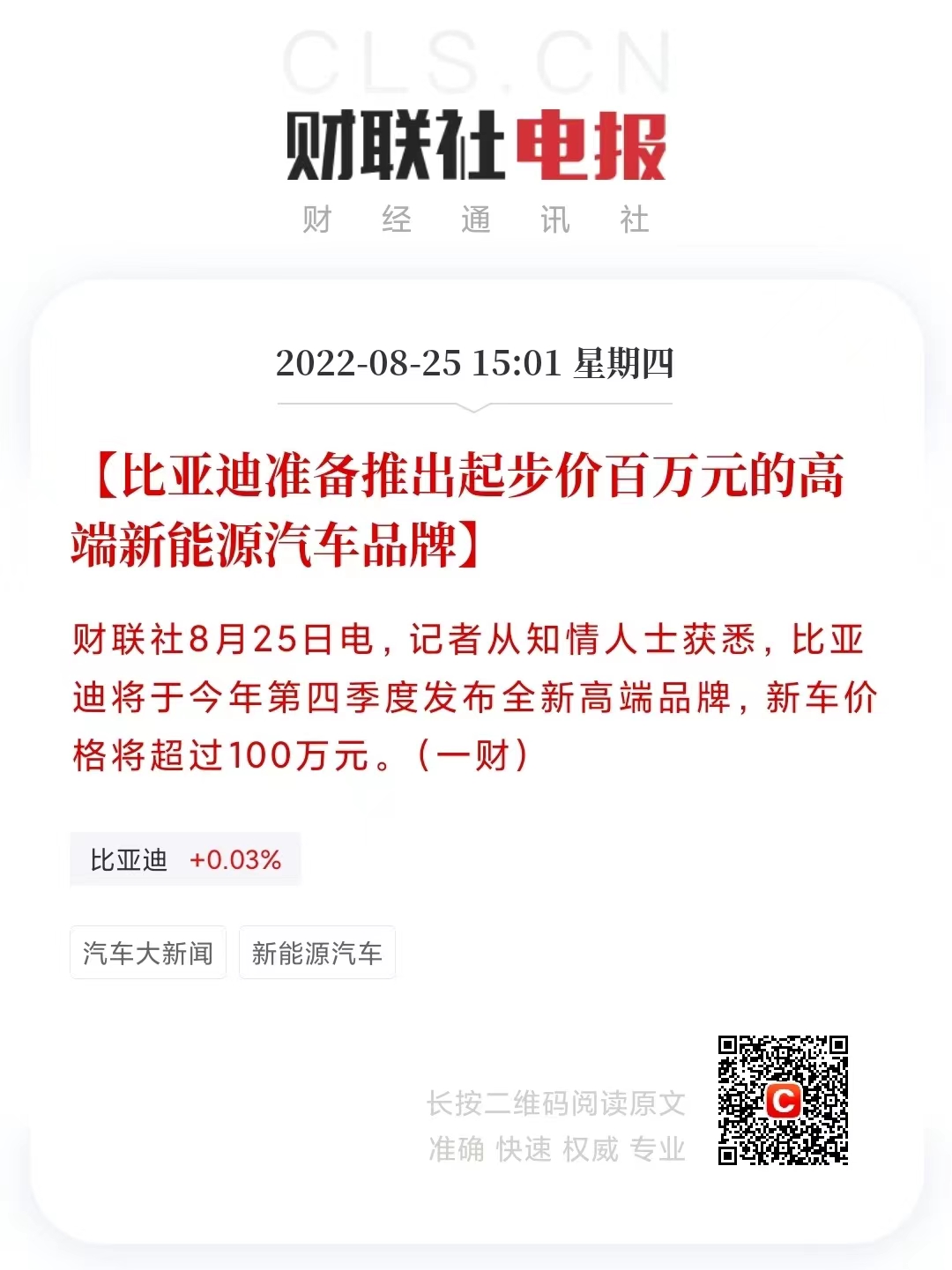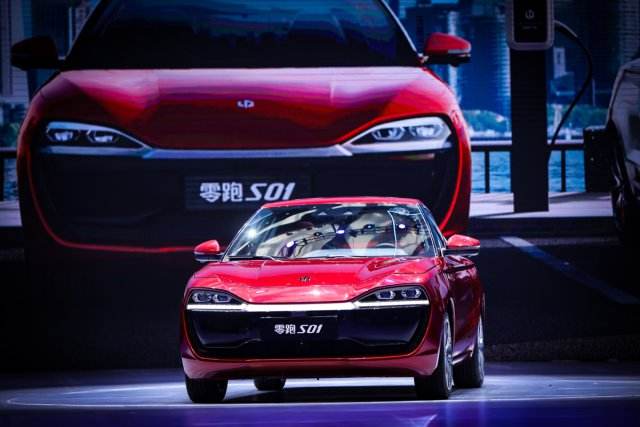In addition to Weibo, there is also WeChat
Please pay attention

WeChat public account
AutoBeta


2024-11-22 Update From: AutoBeta NAV: AutoBeta > News >
Share
AutoBeta(AutoBeta.net)05/29 Report--
On May 28th, Japanese automakers Toyota, Mazda and Subaru held a "Multi-path Technology presentation" (Multipathway Workshop) and announced that they would jointly develop the next generation engine.


According to the statement, all three automakers said they would use their technology accumulation to make internal combustion engines compatible with alternative fuels such as electronic and biofuels.
At present, the three car companies have made progress in developing smaller and more efficient engines, and the three parties have reached a consensus that they will pursue multi-path development and combine internal combustion engines with electric equipment, so that engines and electric vehicle manufacturing platforms can be used together to meet more stringent emission restrictions. In addition, the cooperation between the three car companies also includes the integrated optimization of motors, batteries and other electric drive units.
For this cooperation, the three car companies CEO have made an explanation. Toyota president Henoji Sato said: "Toyota is very serious about electric cars and internal combustion engines." This cooperation will take electric as the premise, flexibly use the characteristics of the three automobile companies to pursue the possibility of multi-path engine, seek the rationalization and miniaturization of engine structure, and develop the engine that is most suitable for the electric era.
Maolong Shenghong, chairman of Mazda and CEO, said that the electrification transformation is gradual, and the current transition stage is to launch engines that contribute to carbon neutralization, and the total CO2 emissions can be reduced by fully promoting the combination of internal combustion engines and electrified equipment, as well as measures including carbon neutral fuels. Subaru President Benedict Ozaki also pointed out: "achieving a carbon-neutral society is an issue facing industry and society as a whole, and will face a period of great change from the point of view of 'flexibility and expansibility'."
From left to right are Subaru President Tomoshi Ozaki, Toyota President Takeshi Sato and Mazda President Maolong Shenghiro.
Nowadays, electrification has gradually become the mainstream of the future development of the automobile industry. Under this background, Toyota Motor and other three Japanese manufacturers have jointly developed a new generation of internal combustion engine. Of course, as one of the leading Japanese car companies, Toyota made this move without warning. Toyota, which has insisted on multi-path carbon neutralization in the past, will develop a new low-engine inline four-cylinder engine, but officials have not yet announced which models will carry the engine.
In the field of electrification, Toyota released 15 electric vehicles in one breath as early as December 2021, but even though Toyota announced a full transition to electrification, its attitude towards "electrification" has not been very firm. Especially Toyota Chairman Akio Toyoda. Mr Toyoda has repeatedly attacked electric cars. "No matter how much progress electric vehicles have made, hybrid cars, fuel cell electric vehicles and hydrogen fuel vehicles will still account for 70 per cent of market sales," Mr Toyoda said in January. " And stressed: "the engine will stay." In other words, Akio Toyoda believes that the market share of pure electric cars is only 30% at most, and the rest will be occupied by hybrid cars, hydrogen fuel cell vehicles and fuel vehicles. Before that, Akio Toyoda also pointed out that automakers should continue to invest in hybrid vehicles rather than fully invest in electric vehicles. In his view, "pure electric is not the only way out for the automotive industry", as long as it can save energy and reduce emissions, hybrid should also be advocated.
It is undeniable that in the fuel car era, Toyota is undoubtedly one of the big winners in both the global market and the Chinese market. On May 8, Toyota announced its financial results for the fiscal year 2023 (April 2024 to March 2024). According to the financial report, Toyota's operating profit for the fiscal year 2023 was 5.35 trillion yen (about 248.6 billion yuan), an increase of 96.4 percent over the same period last year, a record high. It became the first listed company in Japan to make an operating profit of more than 5 trillion yen. Toyota said the increase in operating profit was mainly due to an increase in sales of electrified models centered on hybrid models. According to the data, Toyota sold 11.09 million vehicles worldwide in fiscal 2023, up 5% from the same period last year, of which Toyota sold 9.443 million vehicles, up 7% from the same period last year. Toyota and Lexus electrified models (including HEV, PHEV, BEV, FECV) sold a total of 3.855 million vehicles, up 35.3% from 29.6% in fiscal 2022 to 37.4%.
It is important to note that Toyota has outperformed other Japanese companies in the world's largest car market, but is being run over by the rise of Chinese brands.
According to the industry, in the Chinese market, with the shrinking market share of fuel vehicles and Chinese brands occupying more and more new energy market share, Japanese joint ventures in China, including Toyota, which started relatively late in the transformation of new energy vehicles, are falling into a situation of sluggish sales. Toyota's sales in China fell 1.6 per cent year-on-year to 374000 vehicles in the first quarter of 2024 (compared with 2.401 million in the global market), according to data. In addition, the retail share of Japanese brands in April was only 15.2%, down 3.6% from a year earlier and the lowest since 2013, according to the Federation of passengers.
Against the backdrop of "new energy vehicles can't keep up and fuel vehicles are slow to update", even as one of the largest Japanese carmakers, Toyota is having a hard time in China, while positioning more niche Mazda and Subaru cars is even more difficult.
At present, Japanese brands, including Toyota, still hope that fuel vehicles will dominate the global market, but with the weakening of the fuel vehicle market and the arrival of the era of new energy vehicles, the technical advantages and brand characteristics accumulated during the fuel vehicle period will be difficult to maintain, leaving fewer and fewer opportunities for fuel vehicles. There is still a question mark over how far Toyota can go in the internal combustion engine market in the future, or whether consumers are willing to pay the bill.
According to the latest report, the three car companies have jointly demonstrated the new car engine prototype in Tokyo, and Subaru and Mazda are all partly controlled by Toyota. The new engine will be put into production by the end of 2026 before and after the gradual implementation of European Union vehicle emission regulations.
Welcome to subscribe to the WeChat public account "Automotive Industry Focus" to get the first-hand insider information on the automotive industry and talk about things in the automotive circle. Welcome to break the news! WeChat ID autoWechat
Views: 0
*The comments in the above article only represent the author's personal views and do not represent the views and positions of this website. If you have more insights, please feel free to contribute and share.











© 2024 AutoBeta.Net Tiger Media Company. All rights reserved.